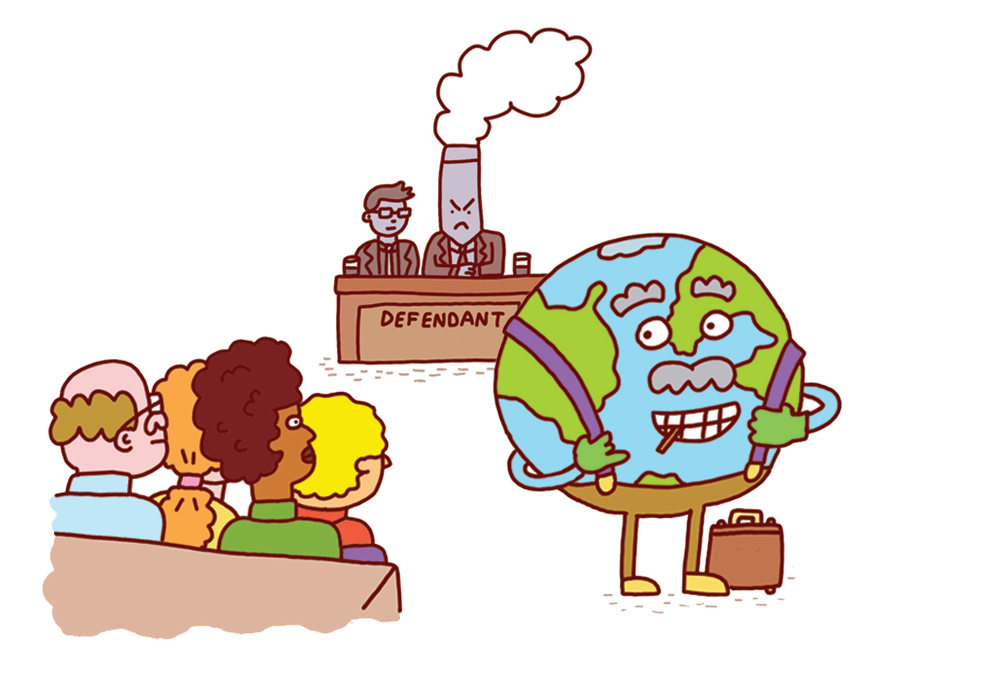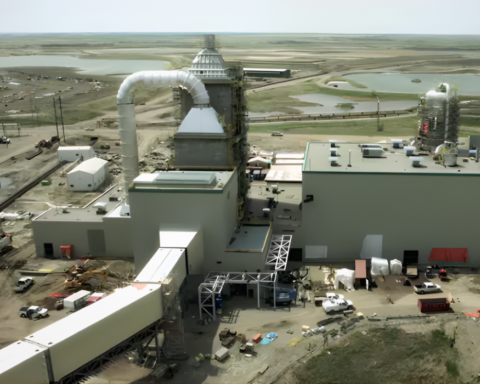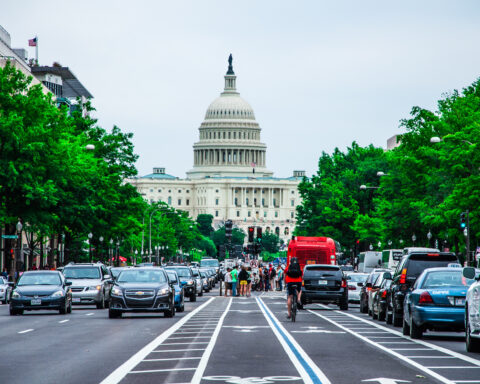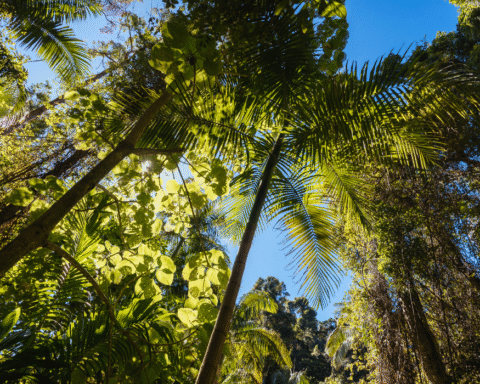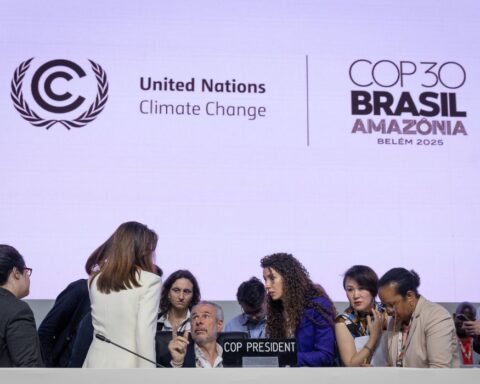The day after Donald Trump’s election win, when Democratic leaders went silent, one progressive voice challenged the Republican trumpets. On November 6, the New York City–based Environmental Defense Fund tweeted, “We will *never* stop fighting for a safer climate, cleaner air, safer drinking water and a healthier, more prosperous future.”
An hour later, the Washington, D.C.–based Natural Resources Defense Council (NRDC) chimed in: “We sued Donald Trump 163 times during his first term, and we’re ready to do it again.”
“Despair is not an option,” said San Francisco–based Earthjustice. “Last time around, Earthjustice filed more than 200 cases in response to the Trump administration’s policies. We won 85% of the decisions – and we’ll do it again.”
Becoming an environmental advocate is very much motivated by idealism. You certainly don’t get rich doing climate work.
– Andrew Wetzler, senior vice president for nature, Natural Resources Defense Council
Earthjustice urged worried Americans to support Biden-era emissions regulations and challenge Republican efforts to reopen public lands to drilling. The non-profit also vowed to up its state-level litigation: it’s fighting to electrify school bus fleets in New York and Washington, decarbonize homes in California and Maryland, and halt plans for gas plants in nine states and Puerto Rico.
Lawyers make unlikely heroes. In a 2015 American Bar Association survey of the public, 69% said that “lawyers are more interested in making money than in serving clients.” In a 2023 Gallup poll, just 16% rated lawyers’ ethics as “high” or “very high.”
NRDC’s Andrew Wetzler, senior vice president for nature, shuns the “hero” mantle: “In a judicial setting, anyone can be heard – even in the face of a powerful government.” Still, he agrees that environmental lawyers are a breed apart. “Becoming an environmental advocate is very much motivated by idealism,” he says. “You certainly don’t get rich doing climate work.”
RELATED
How a group of Swiss seniors won a landmark climate case in international court
Canada’s new greenwashing ban rattles fossil fuel industry
Do ‘act of God’ clauses still work in the era of climate change?
Canada’s climate lawyers have also earned a shout-out. Vancouver-based Ecojustice is Canada’s largest environmental law charity, with 35 lawyers. Among its cases, it’s fighting for Indigenous Peoples’ right of consultation on major projects and the rights of youth (Mathur et al) opposing Ontario’s rollback of carbon targets, a challenge that produced the first judicial ruling that climate inaction may violate Canadians’ Charter rights.
Ecojustice executive director Tracy London says that Canada’s environmental lawyers share their U.S. colleagues’ “ferocity.” But rather than count wins and losses, she says that Ecojustice measures its success “in being thought leaders, ensuring that environmental law remains a thoughtful, vigorous way to hold governments accountable.”
Rick Spence is a business writer, speaker and consultant in Toronto specializing in entrepreneurship, innovation and growth. He is also a senior editor at Corporate Knights.


